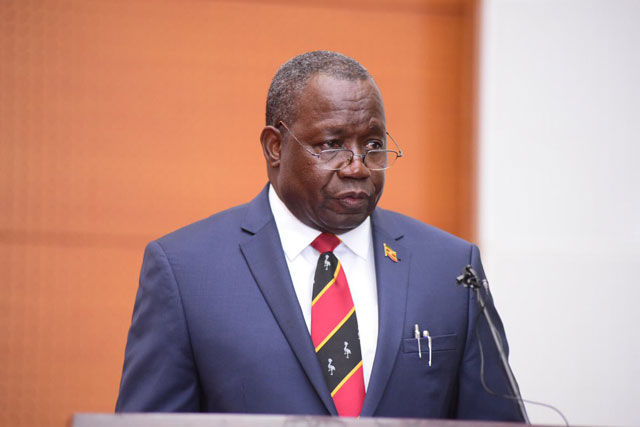
Kampala, Uganda | THE INDEPENDENT | The slow court process is hindering the fight against examination malpractice.
According to Uganda National Examination Board-UNEB, more than 100 people have been arrested in relation to examination malpractice since 2017, but less than 30 cases have been completed.
Dan Odongo, the UNEB executive secretary says that while examination malpractice has reduced, the rate at which those involved are prosecuted in courts, is slow which is affecting the fight against examination.
“Last year we worked together with many security agencies to ensure that we had secure examinations and we were successful in arresting people who wanted to involve themselves in examination malpractice. But now we are disappointed by the law,” Odongo said.
Odongo says that even after people involved in examination malpractice are arrested, the slow process of the law to hold the perpetrators responsible is frustrating.
Janet Museveni, the minister of education and sports says that there’s an urgent need for everyone to play a role in stopping examination malpractice.
School inspectors and examination supervisors have been implicated by UNEB for having taken part in different forms of examination malpractice during the recently released examinations.
According to UNEB, exam supervisors colluded with district inspectors of schools to make sure that they could be posted at the same schools every year.
Odongo says that reports shows that the headteachers are influencing district inspectors of schools on decisions regarding which examination supervisors are sent to which schools.
“We got complaints and are investigating cases where headteachers of some powerful schools are deciding which examination supervisor should be sent to their schools. There are certain supervisors they want at school because they know they will allow them to cheat,” Odongo explained.
According to UNEB, the most common form of examination malpractice that was carried out during the 2019 PLE examinations was assistance from teachers. Odongo says reports show some of such cases took place in schools that are reported to have influenced the choice of supervisors.
“The headteachers have supervisors that they want to work with. In some cases they even give them money so that these supervisors can allow teachers to enter the examination rooms and help candidates,” Odongo said.
Rosemary Seninde, the minister of state for primary education say that once investigations are complete, the ministry of education is considering de-registering teachers and suspending district inspectors of schools that might be involved in any form of examination malpractice.
****
URN
 The Independent Uganda: You get the Truth we Pay the Price
The Independent Uganda: You get the Truth we Pay the Price



